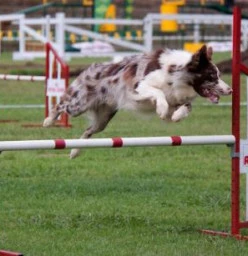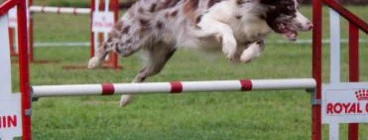- 1 Dias Place, Mtubatuba, Mtubatuba, KwaZulu-Natal 3936
- 2 km from Fynnlands
Treat Dispensers - Pet Supplies & Services in Fynnlands (4052)
No exact matches found within 5km.
Other related businesses in and around Fynnlands (within 20km)
- St James Avenue Westville, Central Westville, KwaZulu-Natal 3629
- 10-20 km from Fynnlands
Agility, canine freestyle and trick training. We are all about having fun with your dog! We are associated with Boavida Canine Lifestyle Centre. We train agility, canine freestyle, flyball and trick training. We find the fun in dog training! Read more
- 128 Fenniscowles Rd, Umbilo, Durban, 4001, South Africa, Umbilo, KwaZulu-Natal 4075
- 5-10 km from Fynnlands
- 120 Helen Joseph Road, Glenwood, Glenwood, KwaZulu-Natal 4001
- 5-10 km from Fynnlands
- 70 Wood Road Montclair, Montclair, KwaZulu-Natal 4061
- 2-5 km from Fynnlands


